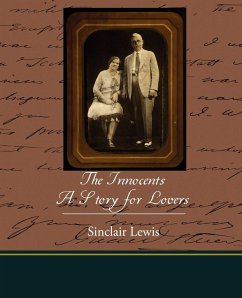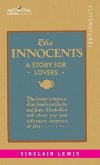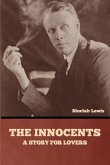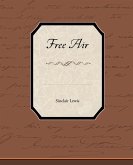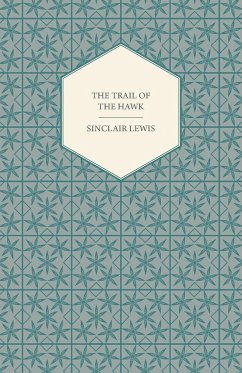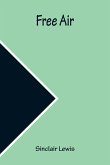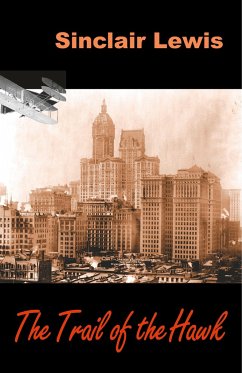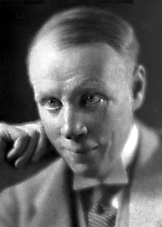Sinclair Lewis (1885 -1951) was an American novelist, short-story writer, and playwright. In 1930 he became the first American to be awarded the Nobel Prize in Literature, "for his vigorous and graphic art of description and his ability to create, with wit and humor, new types of characters." His first poems appeared in the Yale Courant magazine. His first book was Hike and the Aeroplane. Main Street is his most famous work. The Innocents was published in 1917. This tale begins, "Mr. and Mrs. Seth Appleby were almost old. They called each other "Father" and "Mother." But frequently they were guilty of holding hands, or of cuddling together in corners, and Father was a person of stubborn youthfulness. For something over forty years Mother had been trying to make him stop smoking, yet every time her back was turned he would sneak out his amber cigarette-holder and puff a cheap cigarette, winking at the shocked crochet tidy on the patent rocker. Mother sniffed at him and said that he acted like a young smart Aleck, but he would merely grin in answer and coax her out for a walk."

